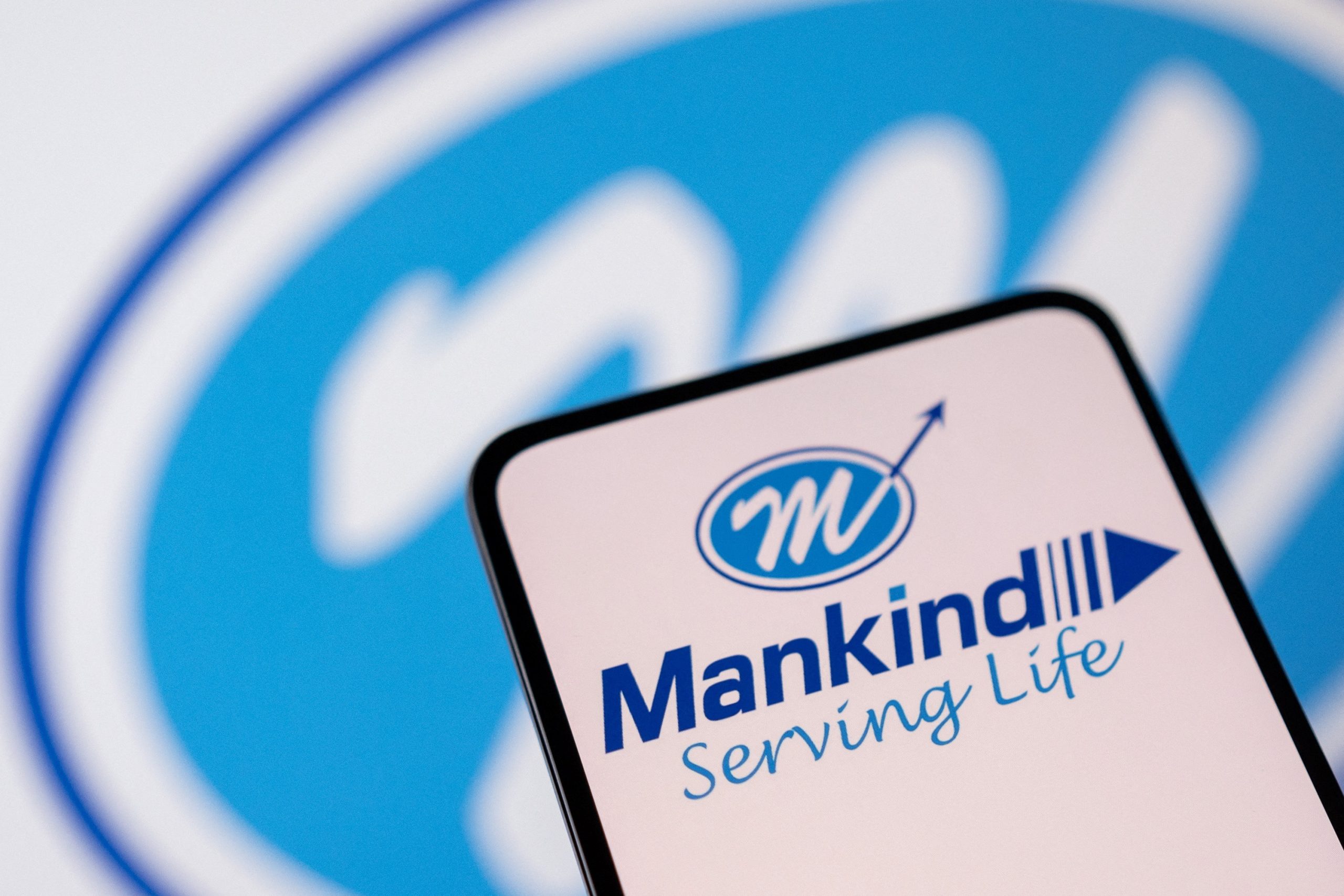The investors, especially the qualified institutional buyers (QIB), were very interested in Mankind Pharma’s Rs 4,326 crore initial public offering (IPO), which ended on Thursday, April 27. On the other hand, the part for individual buyers wasn’t fully subscribed.
Overall, 15.32 times were interested in the issue, and over 49.16 times were interested in the QIB part. During the bidding process, 50% of the funds were given to the institutions that bid. People bid on more than 39.38 crore equity shares for their share of 80.11 lakh equity shares. At the high end of the price range, Rs 42,534.08 crore was bid on the grant worth Rs 865.27 crore.
For the other type of investor, non-institutional bidders were given over 60.08 lakh equity shares worth Rs 648.95 crore, which is 15% of the net deal. Their share was bought 3.8 times over, which means they bid Rs 2,464,86 crore, which is equal to 2.82 crore equity shares, during the buying process.
Retail buyers, who were given 35% of the shares, only bought 92% of them. For 1.4 million equity shares worth Rs 1,514,22 crore, only 1.28 million equity shares worth Rs 1,388.45 crore were bid on by buyers. Mankind Pharma set the price range between Rs 1026 and Rs 1,080, and each lot had 13 stock shares.
Overall, bids for 42.95 crore equity shares were made for the 28.04 crore equity shares that were being sold. It means that people bid Rs 46,387 crore for shares worth Rs 3,028.45 crore. This doesn’t include the anchor book, in which Mankind Pharma raised Rs 1,297.91 crore by giving 1.20 crore equity shares to 77 anchor investors, such as global funds, local mutual funds, and insurance companies.
Investors have shown a lot of interest in Mankind Pharma. This may be the best reaction in the last few years, as rising interest rates have drained the economy of excess cash and new IPO rules have made it harder to make money quickly in the primary markets.
On the other hand, investors didn’t come to domestic main markets because not many issues gave them a listing gain and most issues didn’t even give decent returns in the long run. During this time, many people were surprised to see strong bids for Mankind’s expensive IPO.
Palka Arora Chopra, the Senior Vice President of Mastertrust, thinks that it has done well in the past few years. “There’s a lot of room to grow. He said, “The main things that affect the growth of the IPM are higher incomes, longer life expectancies, more people being aware of preventive health care, more lifestyle diseases, and government programmes.”
Chopra said that the company’s main strengths were a strong consumer healthcare franchise with a well-known brand, a domestic business of scale with room for growth, rising cash flow, high barriers to entry, control, and a professional and experienced management team.
Bidders who didn’t get any shares in the IPO may get their money back starting on May 4. Others who would be given shares could have them credited to their demat account by May 5. The IPO is expected to go public on May 8.
Analysts think that a good reaction to Mankind Pharma’s IPO could start a trend and bring back activity on the primary market, even though FIIs have been selling Indian stocks in the last few months. They said that investors will be interested in stories about long-term progress.
The CEO of Tradeplus, SK Hozefa, said, “Even though FIIs sold shares this year, investors were happy with Mankind Pharma’s IPO. This shows that buyers are still interested in long-term investments and are not afraid of the market’s volatility.
It’s clear that investors aren’t just looking at short-term market changes. Instead, they’re paying attention to the possibility for long-term growth and profit. He said that the success of Mankind Pharma’s IPO is a clear sign of this trend, which is a good sign for the future of the Indian stock market.
